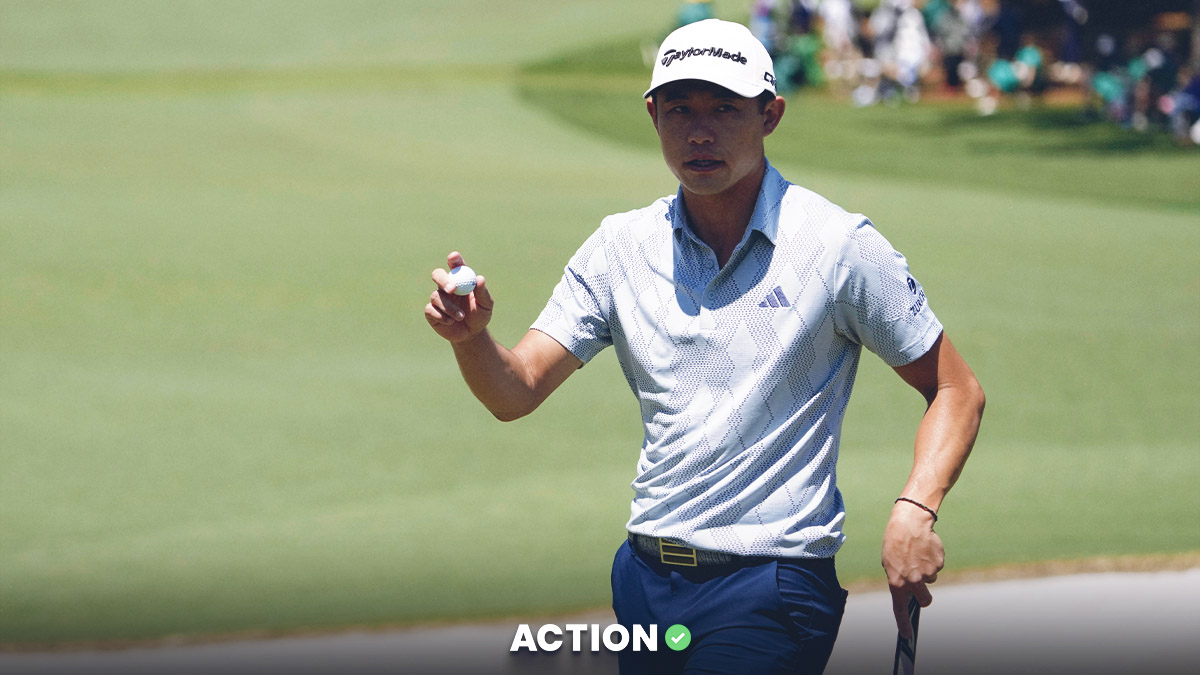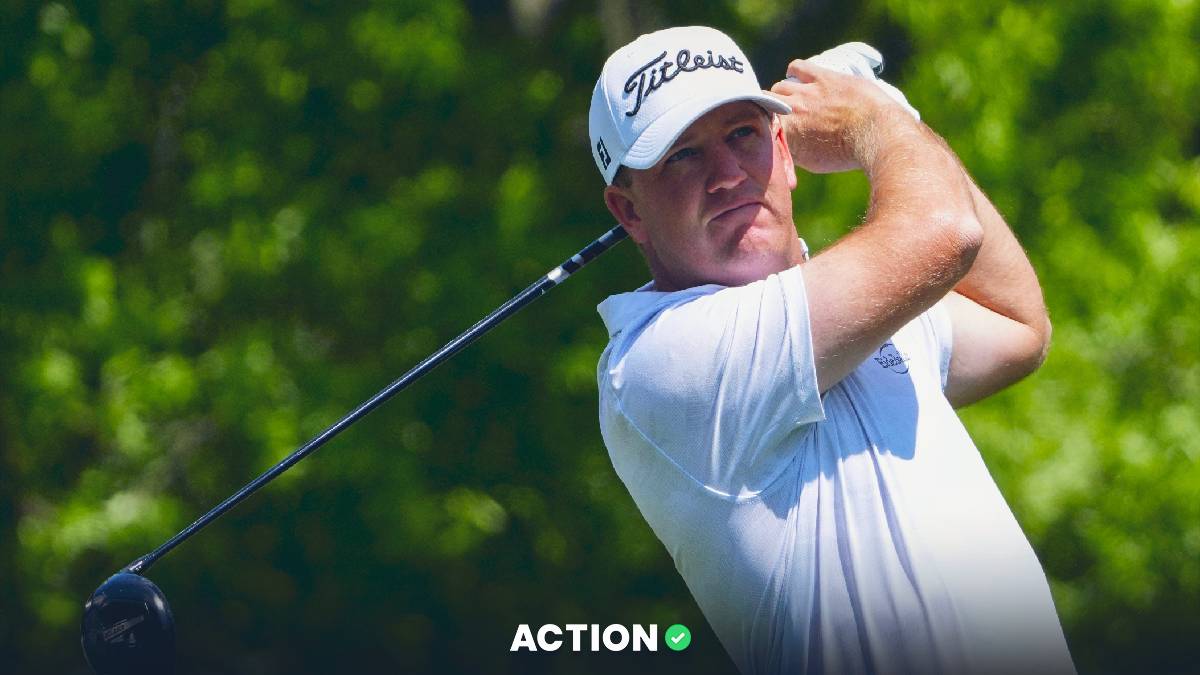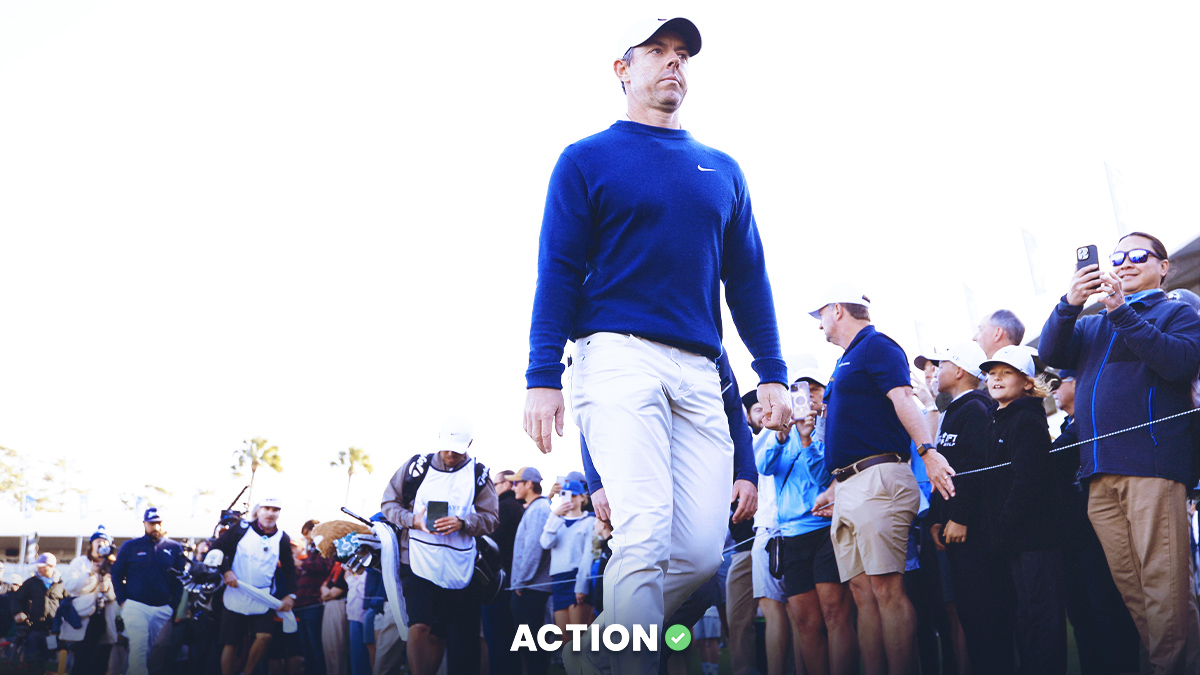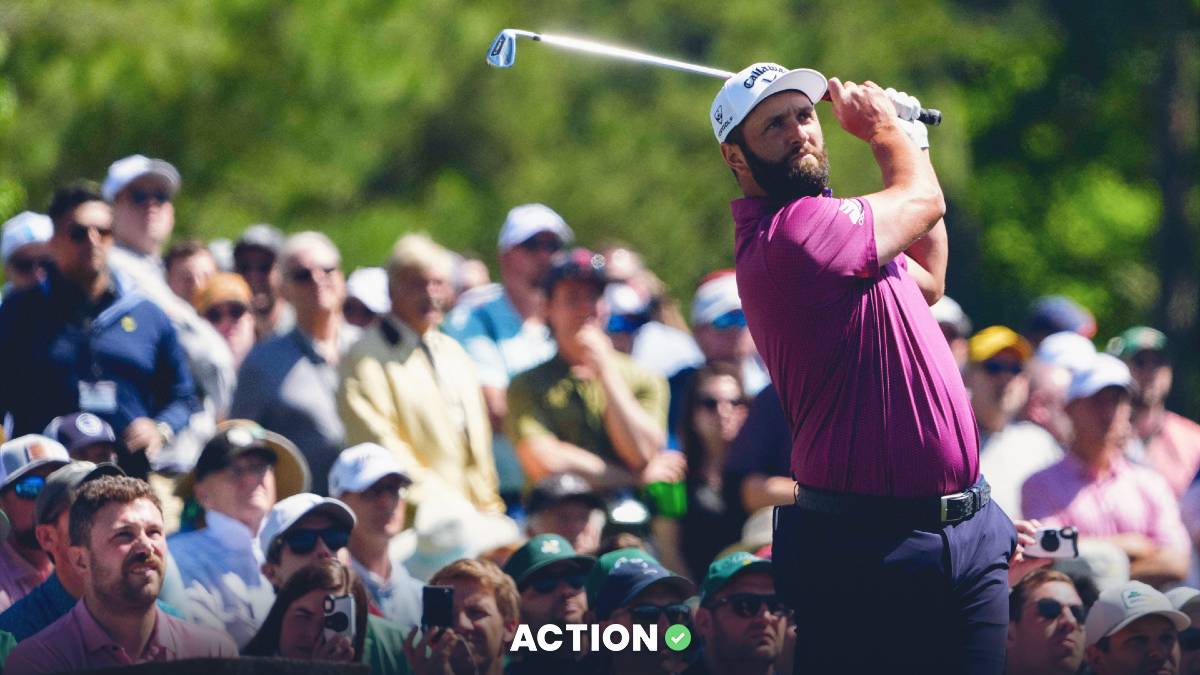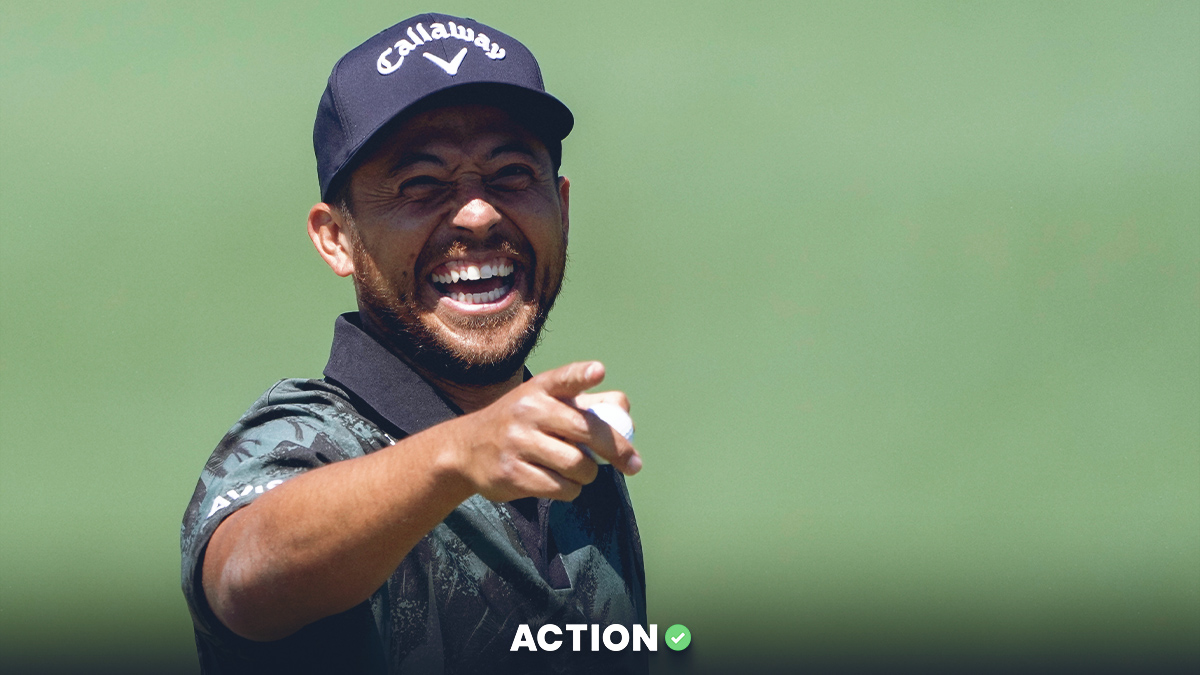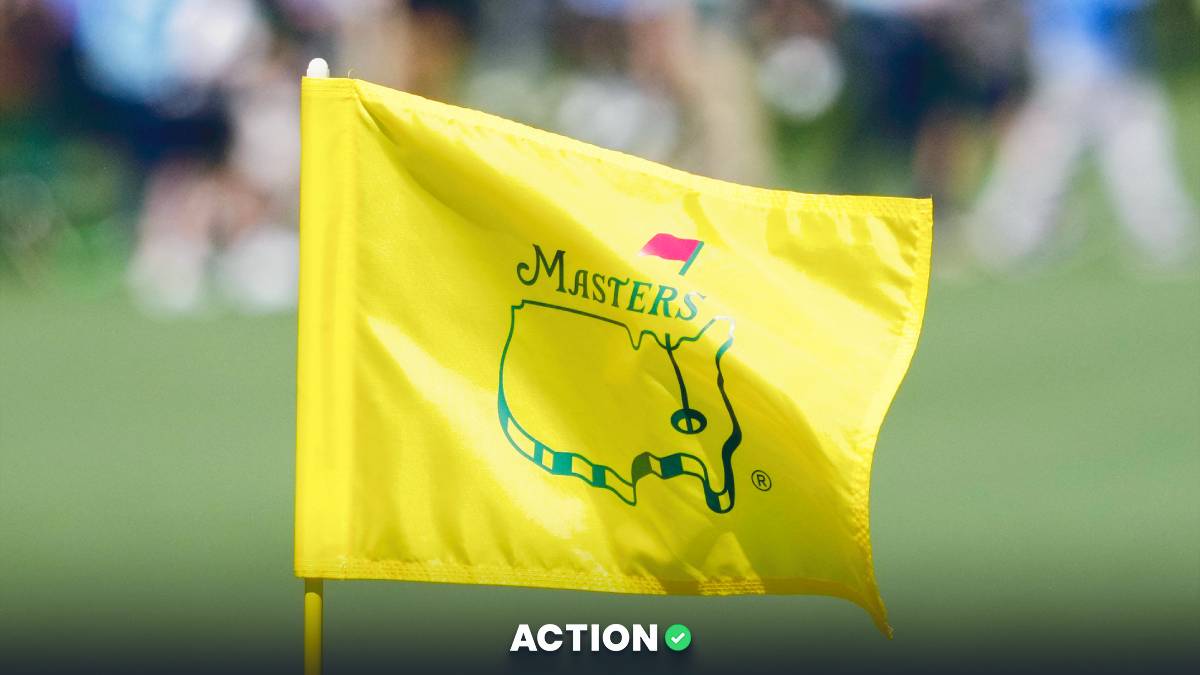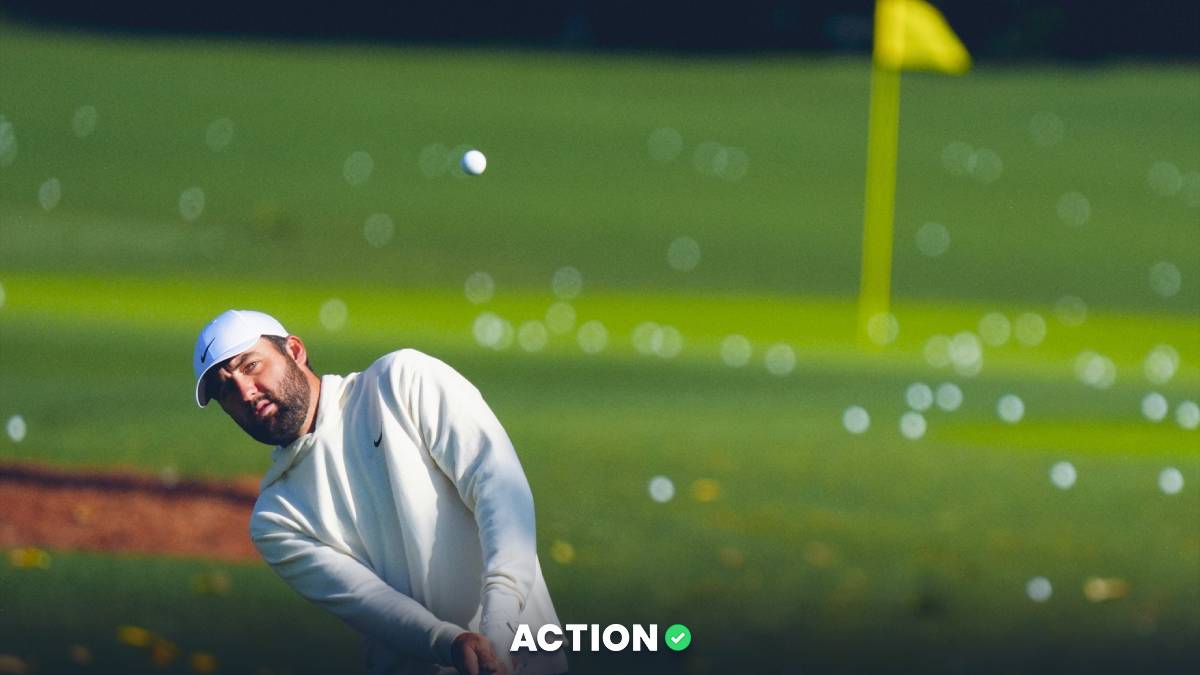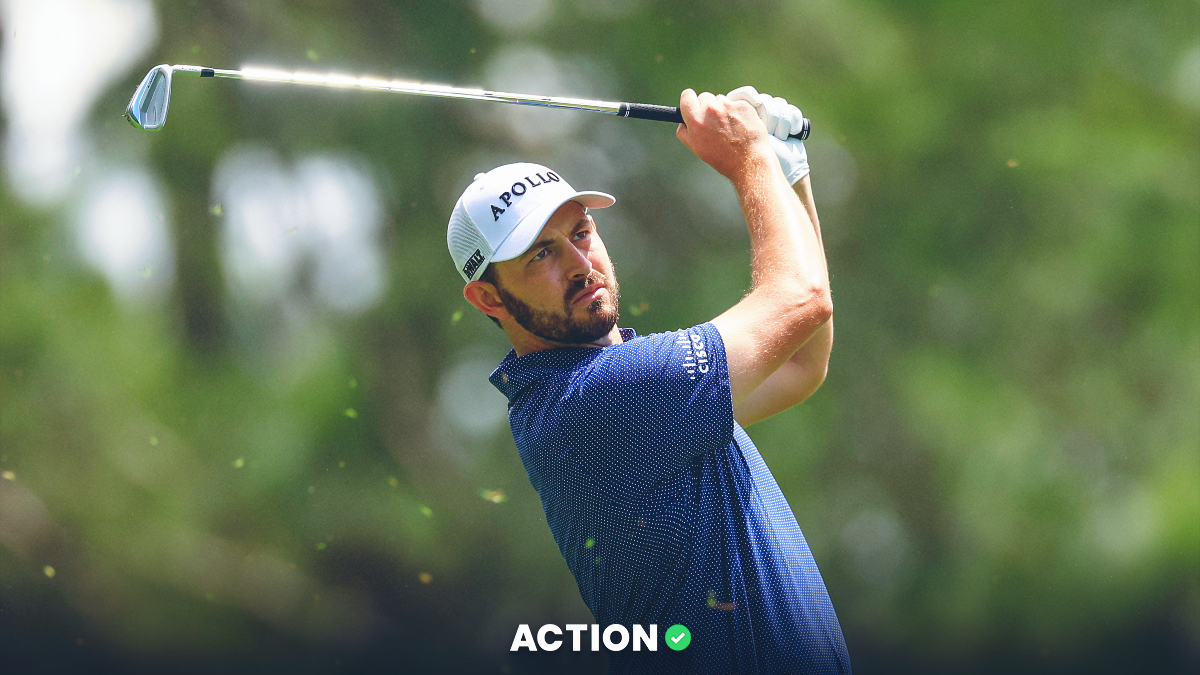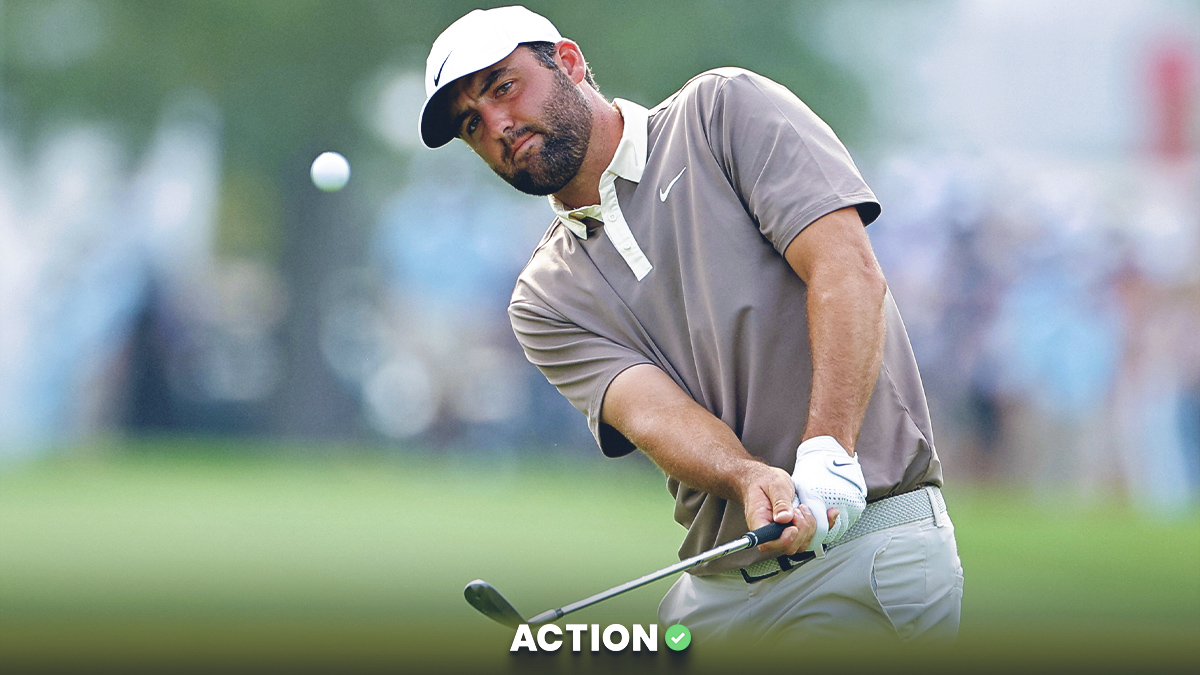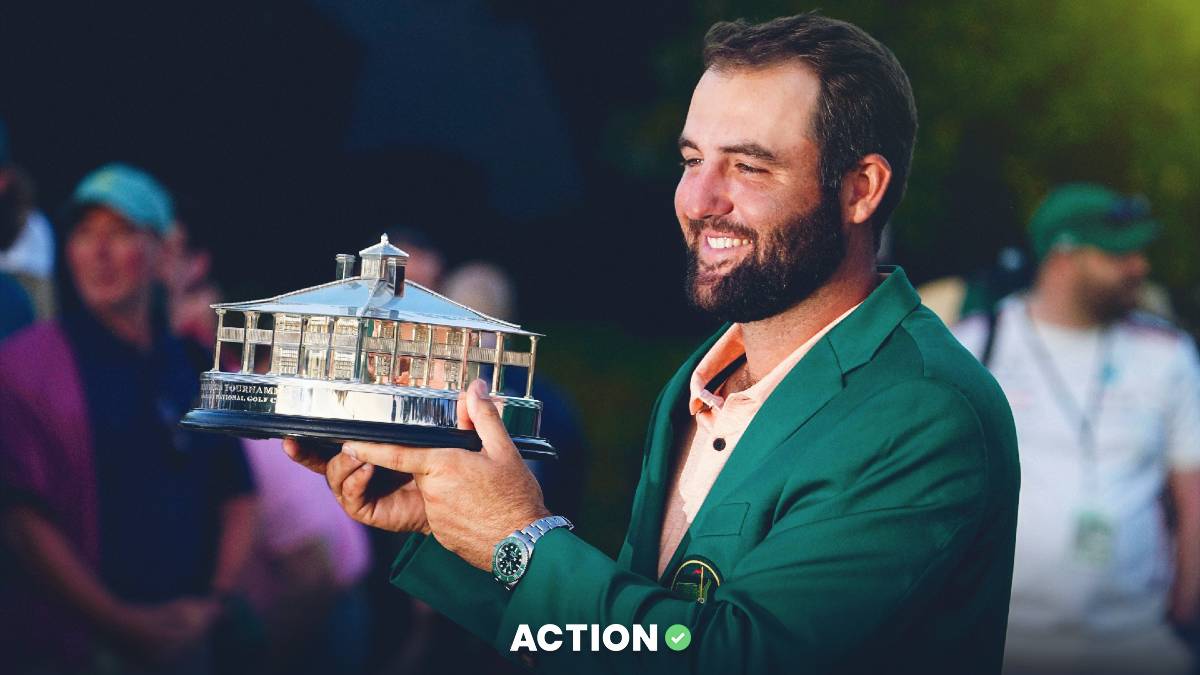Of course Bosco Womack agreed. He was a golfer and a gambler and loved the action. Bosco and his friend Mickey had been playing golf together for years — sometimes as often as six days a week — “17 days in a row was our record,” Womack says, so the chance to team up and play someone other than his friend Mickey was appealing.
Womack and his buddy regularly traded thousands of dollars on the golf course like the money was Topps baseball cards. The two were part of a big group at Belmar Golf Club in Norman, Okla., but everyone knew if Bosco and Mickey were there, they were going to be in the same group. Always. A $3,000 payday per round was standard. Five-thousand? Sure. Sometimes it was more. No big deal.
Until the day it wasn’t.
“Mickey called me. Said they were bringing in a guy from out of town and we were gonna play him and his partner. Told me we were gonna play $500 one-downs,” Womack recalls.
Uh. $500? Per hole? Yeah. Wrap your head around that and then try to hit a 6-iron. Good luck. Give it a try. Shoot a free throw, a standard free throw for $500. If you miss it, you’re down half a dime and now you got the next one worth another $500. Miss that, and now you’re down $1,000 and are shooting a third worth another $500.
That would be like you and your buddies deciding to change your sleepy $10 Nassau into a, “Hey, let’s play for your 401K.”
“It was a step up,” Bosco says. “I took a look at this guy’s swing we were playing on the first tee, and I was a pretty good golfer back then, about a 4 or so, maybe a bit better. I told Mickey that we needed to get out of this bet.”
Bosco didn’t get out of the bet. He got out of the parking lot, though, on the business end of a $23,500 loss. “Me and Mickey got into an argument about it. I was used to playing for money. But like I said, this was a step up. This was a lot more.”
While not every gambler is a golfer, every golfer is most certainly, at one level, a gambler. Rare is the golfer who plays for the Hell of it. “Oh, I will if it’s with my kids or wife or something like that,” says a big-betting physician out of Alabama who wished to remain unnamed. “But gambling provides a focus for me.”
It's a truism in gambling to never bet what you don't have. Knowing when to stop is as much a part of the game as knowing what to bet, but what happens when a golf gamble gets a little uncomfortable from tee to green? What happens when a bet on the first tee turns a deep pocket into a dangerously shallow one?
A buck or two sharpens the senses in a way playing for nothing doesn’t, but the ultimate rush is playing for something you can’t totally afford.
“One of the first things I always do, even before we tee off, is to find out what amount makes the other guy nervous,” says the Alabama doctor. “There are people who don’t get nervous and others you can beat before you even tee off — if you can get that bet into the right stratosphere.”
That rare air might be a $20 bet for a $5 bettor, or it might be a small Mercedes for the bigger players. Betting more than what you have is something of a golf rite of (degenerate) passage. Most have done it and everyone has seen someone adversely affected by it. That pressure is what makes a 3-foot putt more difficult than trying to predict the Powerball.

"Good gamblers don't make bets they can’t handle,” said Mike Sullivan of Tulsa, Okla., who has been a member at Butler National in Illinois, The Medalist in Florida, Oak Tree in Edmond, Okla., as well as other prestigious courses around the country. "When I was at my best, to win or lose $3,000 or $4,000, well, I was good with it. When it got higher than that, it was a problem. It happened, and it’s not a good feeling. It’s an out-of-body experience.”
Normal is subjective. Gambling on the course isn’t and neither are the nerves that come with it, but the biggest gamble isn’t sticking a toe in the deep end and checking the temperature. It’s consistently trying to swim up from the bottom despite knowing there’s no chance for anything other than drowning.
“Oh, I’ve definitely lost more than I could afford,” said Sullivan, who said he’s been in more than a few games where $20,000 was exchanged after 18 holes. “I would try and avoid those games. Some don’t. I’ve seen people, time and time again put themselves in situations they can’t get out of.”
Like the one time, Sullivan saw a $190,000 bet go wrong. The loser? Oh, not only did he skip on the bet, he also skipped town.
It seems easy enough to just avoid situations when the price tag gets to the unaffordable level, but then again, golfers are gamblers and sometimes they are allergic to making good choices. And sometimes the lure of a payday is greater than the realization that golf pressure can be like a choke-hold.
“Lots of arrogant fuckers out there,” said that Alabama doctor. “People who are good at gambling pay attention to trends and other things. Then there are the others who see some big boys and think there’s chum in the water. That’s the tipping point. You have to know what you’re getting into.”
Well, the alternative of playing for nothing isn’t exactly appealing to most, either. A golf match with nothing on the line is about as satisfying as a closed-mouthed yawn. Oh, it can be done, but it doesn’t exactly do much good. Perhaps that’s the reason so many bet — and bet too much — while playing. It’s unique to the sport, entwined in its being. Unlike basketball, tennis, running, soccer — games amateurs populate and compete in regularly, golf is the only one where your wallet is a required accessory.
“I wouldn’t play if it wasn’t for the gambling,” Sullivan said. “It’s not golf, if you’re not gambling. That’s called practice.”






